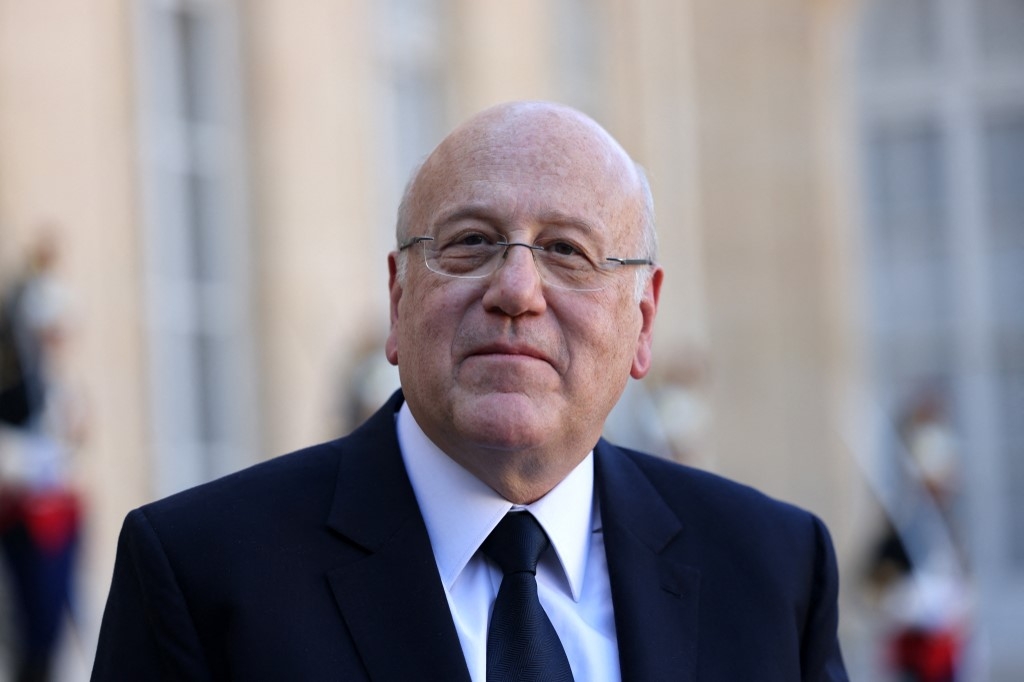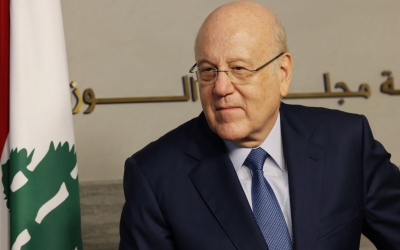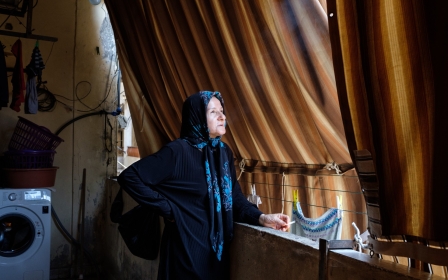Pandora Papers: Lebanon's prime minister says family wealth is legal

Lebanon's Prime Minister Najib Mikati's family wealth comes from a telecommunications business that has been audited in the past and is legal, his office said in a statement on Tuesday, in response to a giant leak of financial documents.
The revelation of Mikati's wealth was found in the "Pandora Papers", a set of more than 11.9 million leaked confidential documents purporting to reveal offshore transactions involving global political and business figures.
The documents, published over the weekend by the International Consortium of Investigative Journalists (ICIJ), said Mikati owned an offshore firm in Panama called Hessville Investment Inc, through which he bought a property in Monaco worth more than $10m.
Mikati, who is worth more than $2bn, also launched the M1 Group, an investment company with assets across the world, in the 1980s. The Pandora Papers show that the M1 Group was linked to two companies based in the British Virgin Islands in which Mikati's son Maher was a director. The companies were used by the M1 Group to own an office in central London.
Mikati said his family's wealth is derived from 20 years of business in the telecom sector, which culminated in the listing of his family's company on the London Stock Exchange in 2005, followed by a merger with the South African company MTN.
He added that owning property through firms was a common commercial practice that was legal.
The statement said since the start of Mikati's political career, he had disclosed his wealth and properties to the Lebanese Constitutional Council "as per the prevailing laws, rules and regulations".
"Not all fortunes amassed ought to have necessarily happened at the expense of the common good and needy people," the statement read.
While establishing offshore companies is not necessarily illegal, it is a common tool for tax evasion, money laundering, and other secretive financial practices.
The prime minister's son, however, said that Lebanese nationals use Panama and BVI companies “due to the easy process of incorporation” and not to evade taxes.
Mikati was not the only prominent Lebanese politician named in the report. Others include his predecessor Hassan Diab, former minister of state Marwan Kheireddine, and governor of Lebanon's central bank Riad Salameh.
The prime minister formed a cabinet last month after more than a year of political deadlock that has compounded Lebanon's financial crisis, which the World Bank has described as one of the deepest depressions in modern history.
His government needs to introduce reforms in order to resume talks with the International Monetary Fund and unlock foreign aid.
Three-quarters of the population has been forced into poverty and the currency has lost around 90 percent of its value in the past two years.
The United Nations last week urged the country's leaders to urgently implement economic reforms, warning that starvation was becoming a "growing reality" for thousands of Lebanese people.
Middle East Eye delivers independent and unrivalled coverage and analysis of the Middle East, North Africa and beyond. To learn more about republishing this content and the associated fees, please fill out this form. More about MEE can be found here.





